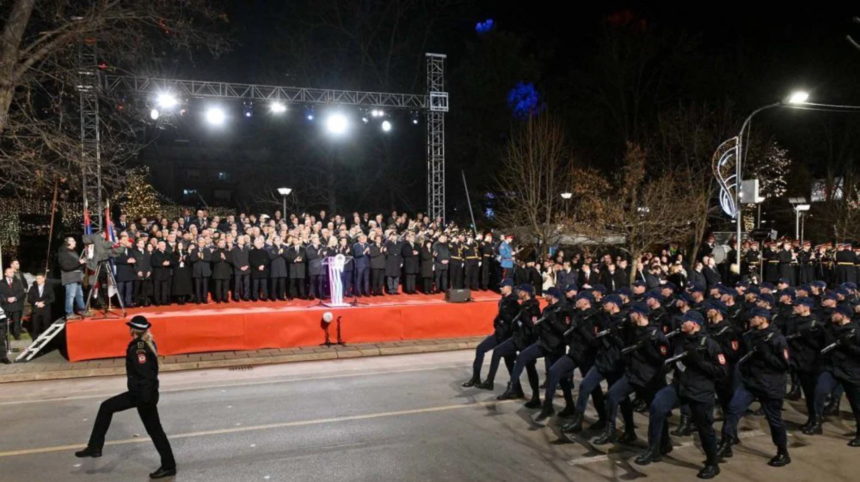The Republic Day of Srpska was marked in Banja Luka with a ceremonial march of around three thousand participants, but the celebrations drew more attention for Serbia’s controversial involvement, despite its lack of international support.
On January 9, Republic Day of Srpska was celebrated with a parade in Banja Luka, although this date was previously declared unconstitutional by Bosnia and Herzegovina’s Constitutional Court over a decade ago. The event has long been a point of contention, especially due to Serbia’s unwavering support for the celebration.
Despite widespread opposition from most countries, including Bosnia and Herzegovina’s international allies, Serbia remains the key political ally of Srpska’s leadership. Serbian officials, including Prime Minister Miloš Vučević and Vice President Aleksandar Vulin, continued their vocal backing of the event, which has now become intertwined with internal politics and protests in Serbia, particularly among students.
Vučević’s speech, which drew inspiration from nationalist poetry, and Vulin’s passionate rhetoric about Srpska’s sovereignty, highlighted Serbia’s political agenda in the region. However, the celebration of Republic Day comes amidst legal challenges, as Bosnia’s Constitutional Court ruled the holiday unconstitutional twice due to its divisiveness among the region’s ethnic groups.
The Serbian leadership, however, continues to promote January 9 as a symbol of Srpska’s statehood, despite growing concerns from Bosnia and Herzegovina and its international partners about the legal and diplomatic ramifications of such defiance.







